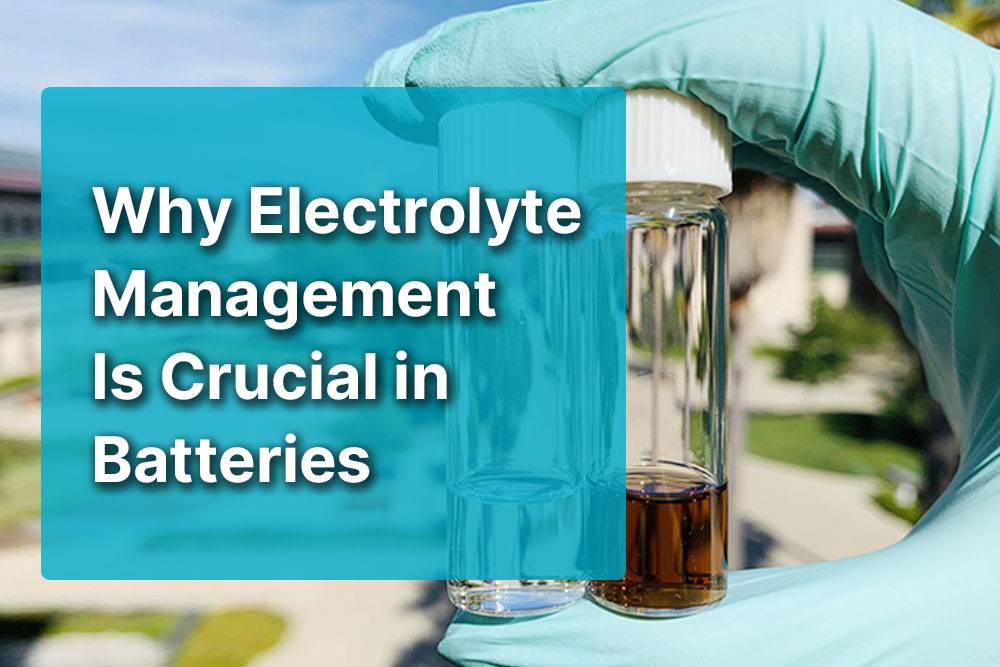
Monitoring the electrolyte level in a lead-acid battery is vital for its upkeep. Regular checks ensure optimal performance, prevent damage, and identify issues early. Proper electrolyte management extends battery life and guarantees reliable operation. Make it a habit to maintain electrolyte levels for consistent battery performance and longevity. The electrolyte in batteries helps ions move between the electrodes, making electricity. Good electrolytes keep the battery balanced and working well. Bad ones make the battery weak. It’s super important to have a good electrolyte for a long-lasting battery!
Imagine a battery as a tiny powerhouse. Inside, there’s something called electrolyte. It’s like a messenger, helping energy flow between different battery parts. Just like how food keeps us going, electrolyte keeps the battery going. It allows the battery to stay strong and last longer. Without good electrolyte, the battery won’t work well. When you charge a battery, electrolyte helps the energy move around. It’s like a traffic controller making sure everything goes smoothly. Good electrolyte means good power! Now, you know how electrolyte helps batteries work better. So, the next time you see a battery, remember the little messenger making it all happen!
If you’re wondering when to replace your battery electrolyte, keep an eye on its level and color. Look for significant decreases or color changes, indicating possible issues. Factors like overcharging and age affect electrolyte performance, so monitor regularly. Follow manufacturer guidelines for maintenance, topping up electrolytes as needed. Proactive replacement ensures a longer battery life and prevents damage. Why do batteries lose electrolytes? Batteries can lose electrolytes due to factors like high temperatures causing evaporation, overcharging, physical damage, or internal shorts. Regular inspection and maintenance are crucial to prevent premature battery failure. Look out for signs of leakage or damage, ensuring optimal battery performance and longevity.
Understanding how to calculate battery electrolytes is important for battery maintenance. You can use a hydrometer to measure the specific gravity of the electrolyte solution, indicating its charge state. This helps in determining if the battery needs charging or replacement. Accurate calculations prevent damage and ensure optimal battery performance. Regular monitoring is crucial for early issue detection and proper maintenance.